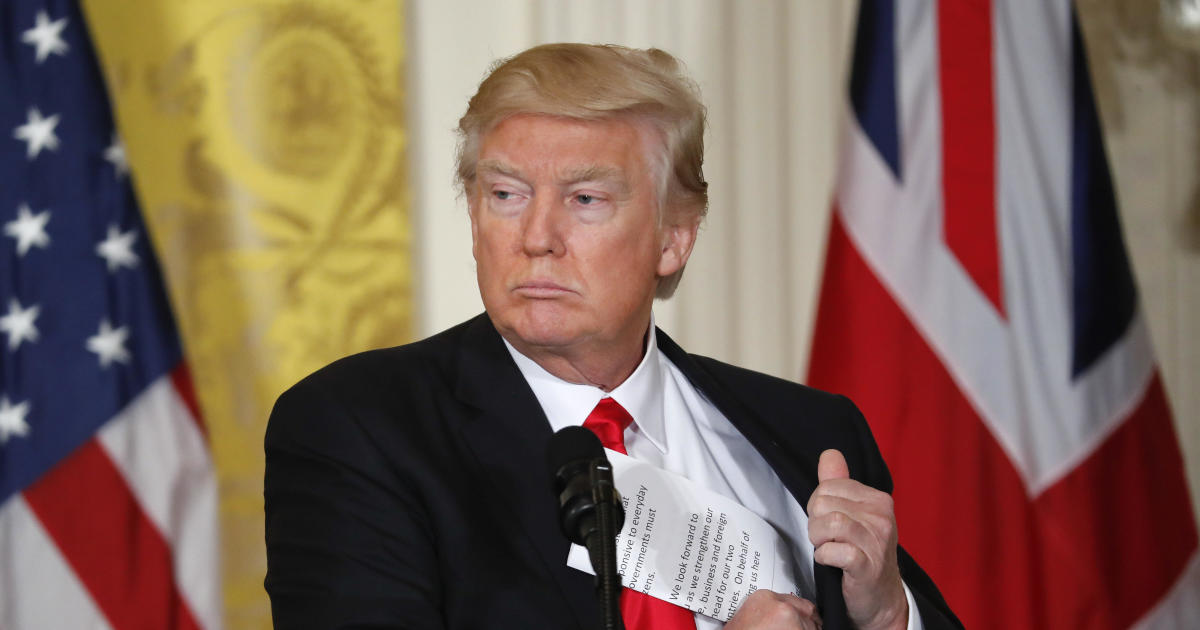
Trump could face consequences for mishandling White House records, experts say
CBSN
Washington — Former President Donald Trump's alleged improper handling of White House records while he was in office and after he decamped to Florida has prompted fresh scrutiny over whether he flouted federal law and, if he did, whether he can be held accountable for doing so.
The law governing the records-keeping responsibilities of presidents is the Presidential Records Act, which was enacted in 1978 and requires any memos, letters, emails and other documents related to the president's duties be preserved and given to the National Archives and Records Administration at the end of an administration.
But the Archives has recently revealed that Trump tore up documents while in office, some of which were pieced back together by White House records management officials, and brought with him more than a dozen boxes of items and letters to Mar-a-Lago, his Palm Beach, Florida, residence, after leaving office last year. The boxes were retrieved by the Archives last month, the agency said.
